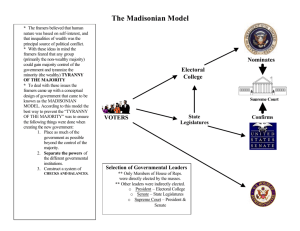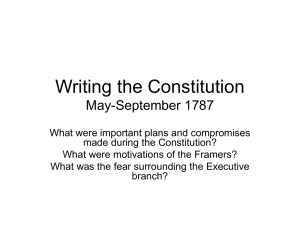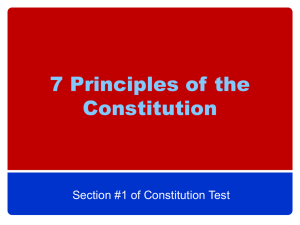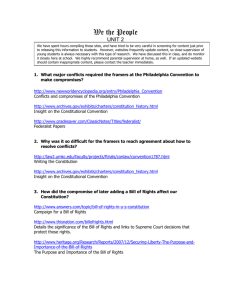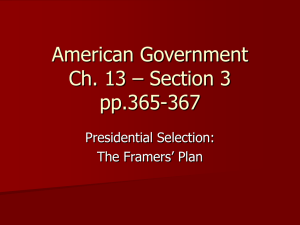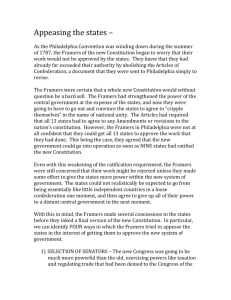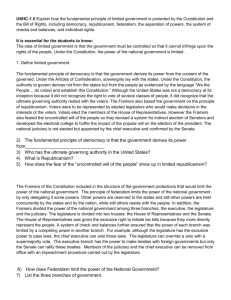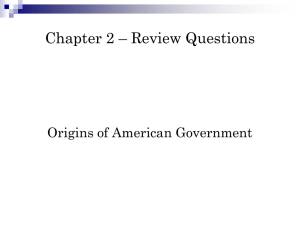Interest Groups and Political Parties, Voting and
advertisement
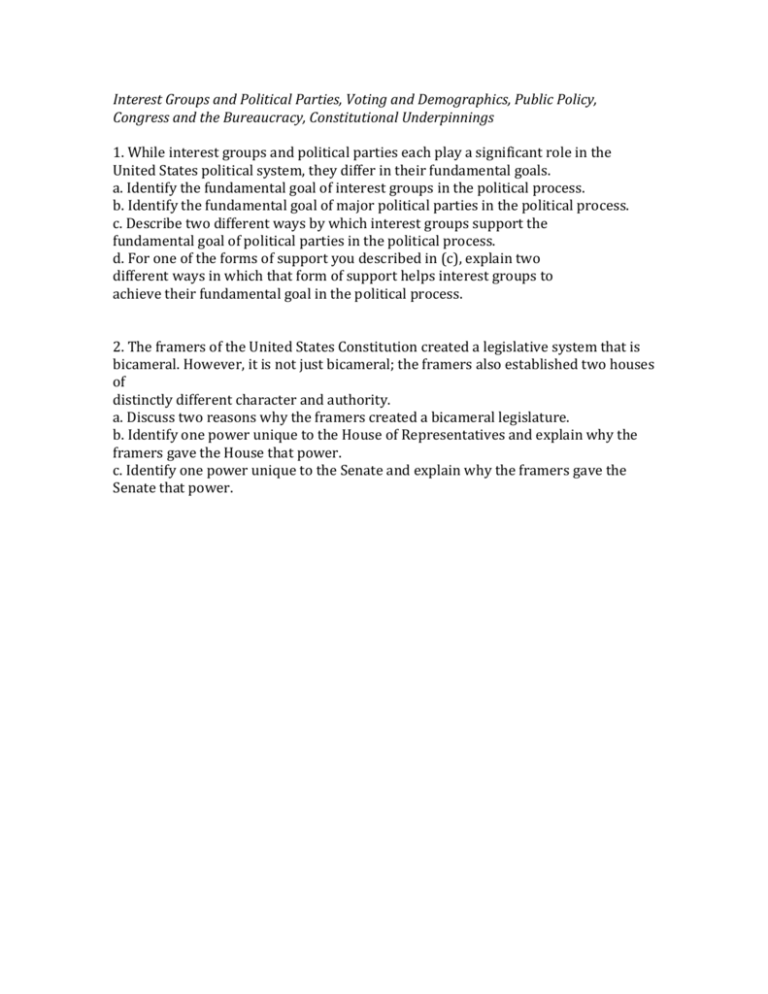
Interest Groups and Political Parties, Voting and Demographics, Public Policy, Congress and the Bureaucracy, Constitutional Underpinnings 1. While interest groups and political parties each play a significant role in the United States political system, they differ in their fundamental goals. a. Identify the fundamental goal of interest groups in the political process. b. Identify the fundamental goal of major political parties in the political process. c. Describe two different ways by which interest groups support the fundamental goal of political parties in the political process. d. For one of the forms of support you described in (c), explain two different ways in which that form of support helps interest groups to achieve their fundamental goal in the political process. 2. The framers of the United States Constitution created a legislative system that is bicameral. However, it is not just bicameral; the framers also established two houses of distinctly different character and authority. a. Discuss two reasons why the framers created a bicameral legislature. b. Identify one power unique to the House of Representatives and explain why the framers gave the House that power. c. Identify one power unique to the Senate and explain why the framers gave the Senate that power.
